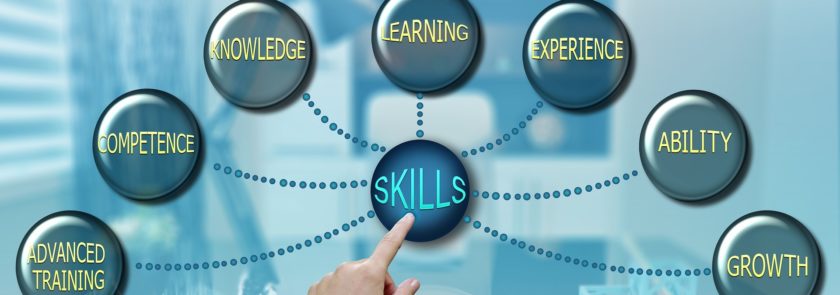The secondary stage lasts last seven years and is organised in three cycles: for the first three years, pupils follow a common curriculum, in what is known as the observation cycle. Most subjects are taught in the mother tongue. All pupils will begin to study a second foreign language (L3) from secondary year 1 onwards. In secondary year 3, all pupils study human sciences and religion or ethics in their first foreign language (L2). In secondary year 2, Latin is offered as an option. In secondary year 3, pupils who chose Latin in year 2 continue to study it. For the other pupils, ICT is offered as an option.
In years 4 and 5 (pre-orientation cycle) the compulsory course in integrated science is subdivided into physics, chemistry and biology, and pupils may choose between the advanced or the normal course in mathematics. Other options include economics, a third foreign language and Ancient Greek.
Years 6 and 7 (orientation cycle) form a unit which leads to the European Baccalaureate. Although there is a core of compulsory subjects, including mother tongue, Language 2, mathematics, a science, philosophy, physical education, history and geography, pupils have a wide range of further options and may choose to study some subjects for two periods, four periods or at an advanced level.
The certificate awarded to pupils who have passed the European Baccalaureate examination is recognised in all EU countries and in a number of other countries. European Baccalaureate-holders enjoy in their respective countries the same rights and benefits as holders of the diploma or certificate awarded at the end of secondary education in those countries. They also have the same rights as nationals with equivalent qualifications when seeking admission to universities or higher education institutions in all EU countries.
A detailed description of the subjects can be found under the following link
https://www.eursc.eu/en/European-Schools/studies/syllabuses
 En
En de
de fr
fr
